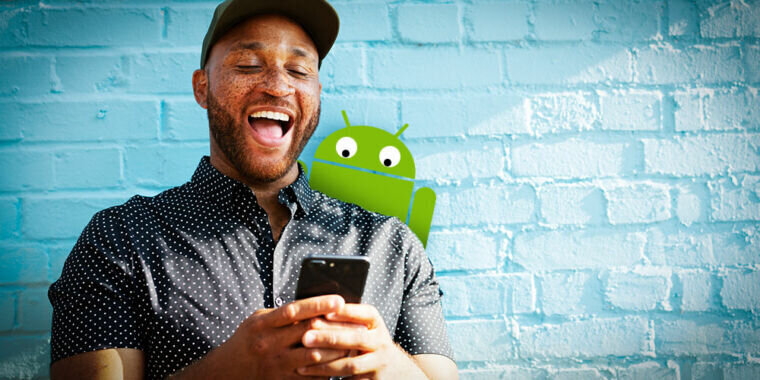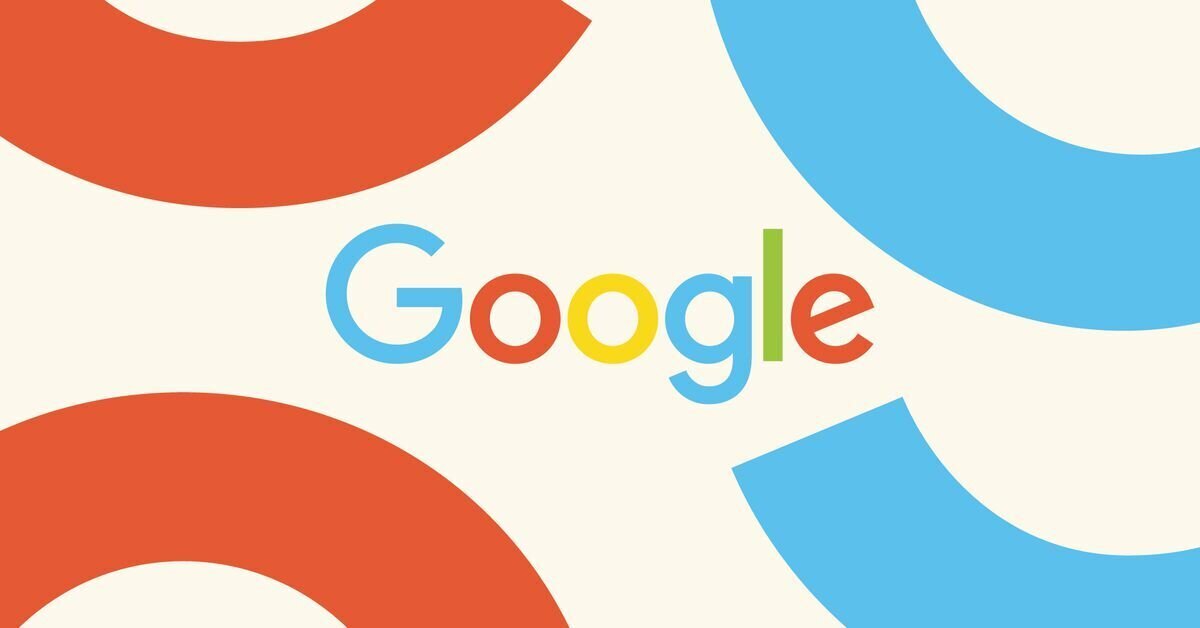Smile’s Innovation Watch #38

Hello, dear readers! ✌️
Welcome to the 38th edition of “Smile Innovation Watch.” We know you’re busy, so we’ve handpicked nine quick yet fascinating tech stories for you to skim and dive into as you please. Brought to you by our dedicated team at Smile Group, this edition is packed with the latest tech news and innovations, all in bite-sized summaries.
In this issue, we’ll be touching on the worlds of AI, privacy, design tools, and more. Discover how to run OpenAI’s ChatGPT locally, Google Bard competitor to ChatGPT, and Adobe Firefly that will revolutionise the way you’re creating digital art. Learn about the (not so) surprising privacy revelations involving DuckDuckGo and Microsoft, and explore the concerns surrounding Android Sandbox. We’ll also discuss the standardization of web push notifications and celebrate Docker’s decision to spare open-source organizations.
Feel free to cherry-pick your favorite topics and dive deeper if you’re intrigued. We’re here to make your tech discovery journey enjoyable and efficient. Happy reading 😉
⏳ Reading time: 6 minutes
💡 Innovation

You can now run a GPT-3-level AI model on your laptop, phone, and Raspberry Pi
A new AI language model, GPT-J-6B, has been developed that can be run on a variety of devices, including laptops, phones, and even a Raspberry Pi. The model, which is based on the GPT-3 architecture, is intended to be more accessible and affordable than previous AI language models and is expected to be of particular interest to developers and researchers working on natural language processing tasks.
Adobe Unveils Firefly, a Family of new Creative Generative AI
Adobe has announced the launch of Firefly, a new family of creative generative AI tools aimed at helping designers and artists create unique, customizable designs more efficiently. Firefly offers a range of features, including AI-powered color palettes, shape suggestions, and layout options, allowing users to create designs with ease. The technology is based on Adobe’s Sensei AI platform and is designed to work seamlessly with Adobe’s existing Creative Cloud suite of applications. Firefly is trained on Adobe Stock photo, open lisenced photos and photo which had their copyright expired and went public. Adobe is also developing a compensation scheme for creator who let them use their creation to train the AI and introduce a Do not train tag for creator who want to prevent their work to be used, that will be unremovable wherever the content is used, published or stored.

Google opens early access to its ChatGPT rival Bard
Google has unveiled its latest AI chatbot, Bard, as a direct competitor to OpenAI’s ChatGPT. The new chatbot aims to provide a seamless conversational experience and is designed to offer users in-depth knowledge and context-aware responses. Bard has been developed using Google’s extensive data resources, which enables the AI to deliver accurate information and assist users in various tasks.
While some guided scenario from Google works really well, in the wild experimentation since the release shows a LOT of miss and hallucinations
🗽 Privacy & Freedom

AdGuard publishes the world’s first ad blocker built on Manifest V3
Manifest V3 is a controversial API from Google that became available in late 2020 along with Chrome 88 Beta. Starting in January 2023, all Chrome extensions built on Manifest V2 will stop working. Manifest V3 stops dozens of ad-blocking extensions from working. AdGuard has released an experimental browser extension that can block ads even within the strict limits of Manifest V3.

Android launches yet another way to spy on users with “Privacy Sandbox” beta
Google has launched the Privacy Sandbox advertising system on Android in beta, which is designed to improve privacy for users while still enabling personalized advertising. The system uses machine learning to group users into interest-based cohorts, rather than tracking individuals. The beta will allow advertisers to start testing their ads with the new system, but it’s not yet clear when it will be fully rolled out.

DuckDuckGo Isn’t as Private as You Thought
As you may know, DuckDuckGo pulls its search results from other services, primarily Bing. You may also know that clicking a Microsoft-provided ad in DuckDuckGo will reveal your IP address to the Microsoft Advertising service. But this partnership goes a bit deeper than we thought. Security researcher @thezedwards found that the mobile DuckDuckGo browser does not block Microsoft trackers on third-party websites, such as the Facebook-owned Workplace.com.
🔓Open Source

Push notifications are now supported cross-browser
Apple dropped the proprietary implementation of push notification in Safari! Web developers can now add push notification functionality to their websites on all modern browsers, thanks to the implementation of the Push API. Push notifications can be used to keep users informed about new content, updates, and other important information even when they are not actively using the website.

Google opens up its AI language model PaLM to challenge OpenAI and GPT-3
Google has launched a new AI language model called Palm, designed to provide a more efficient and streamlined approach to natural language processing. The company has positioned Palm as a competitor to OpenAI’s GPT-3 and has challenged developers to create innovative applications using the new API. Google has stated that Palm has been optimized for mobile devices and can perform language processing tasks up to 100 times faster than previous models.

Docker is (not) deleting Open Source organisations, but let’s see alternatives anyway
Docker, the popular containerization platform, has come under fire for deleting open-source images from its repositories. The company’s decision to remove these images, which are vital components for many open-source projects, has sparked concerns within the developer community. Critics argue that this move undermines the collaborative spirit of open-source development and may hinder future projects. Docker’s actions have prompted discussions about the importance of preserving open-source resources and finding alternative solutions to ensure the continued availability of essential tools and images for the developer community.
That’s all folks
Did you enjoy it? If so don’t hesitate to share our article or subscribe to our Innovation watch newsletter! You can follow Smile on Twitter & Youtube.